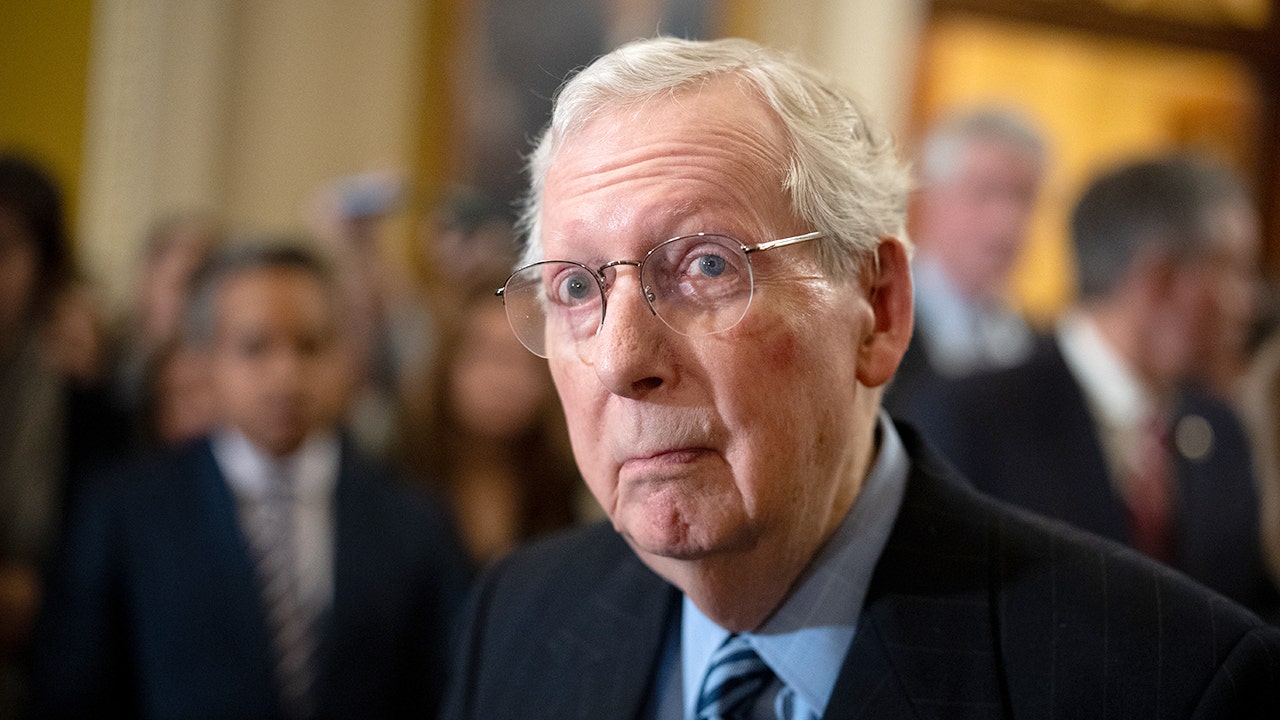‘America first’ vs. ‘America last’: What does Trump’s return mean for US foreign policy?

As President-elect Donald Trump gears up for his return to the White House, many Americans are wondering what kind of foreign policy they can expect during his second term in office. Trump is expected to continue pursuing an “America first foreign policy,” according to J. Michael Waller, a senior analyst for strategy at the Center for Security Policy. This approach contrasts with what Waller describes as Biden’s “America last” foreign policy strategy.
Senate Minority Leader Mitch McConnell is advocating for Trump to significantly increase military spending in order to bolster the nation’s “hard power.” McConnell warns against adopting an isolationist approach to foreign policy, emphasizing the importance of maintaining a strong military presence and global engagement.
In a recent article for Foreign Affairs, McConnell argued that the United States must prioritize its military strength and commit to making strategic investments in defense capabilities. He cautioned against neglecting the country’s global interests and adversaries’ designs, stressing the need for a proactive and robust foreign policy approach.
Waller, the author of “Big Intel,” explained that an America-first foreign policy does not equate to isolationism. Instead, it involves defining national interests more strictly and prioritizing strategic engagements based on those interests. Waller highlighted the importance of reassessing global commitments and marshaling resources effectively to safeguard national security.
Trump has nominated Senator Marco Rubio for the position of Secretary of State, a choice that Waller praised as a “really good pick.” Rubio has been vocal about the ongoing Ukraine-Russia conflict, advocating for a ceasefire to prevent further loss of life and escalation of the conflict.
Trump has called for the release of hostages in the Middle East, warning of severe consequences if they are not freed before his inauguration. He emphasized the need to address humanitarian crises and hold accountable those responsible for perpetrating atrocities.
Overall, Trump’s foreign policy agenda is expected to prioritize American interests and national security while engaging strategically with global challenges. By focusing on strengthening the military, maintaining global commitments, and promoting diplomatic solutions, Trump aims to assert American leadership on the world stage.




